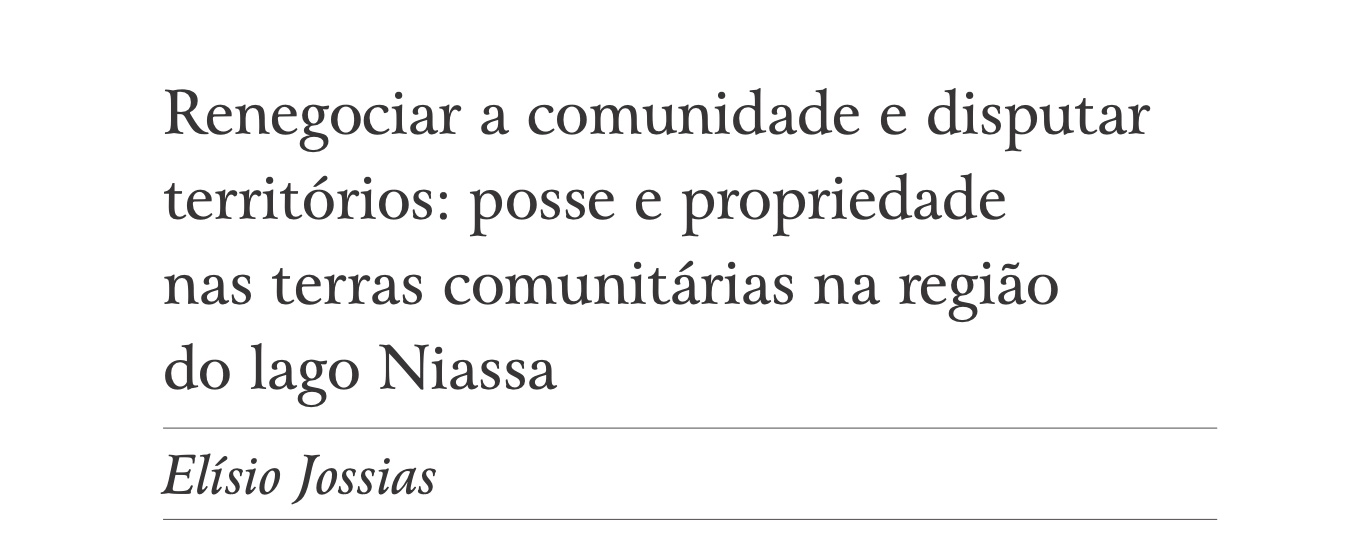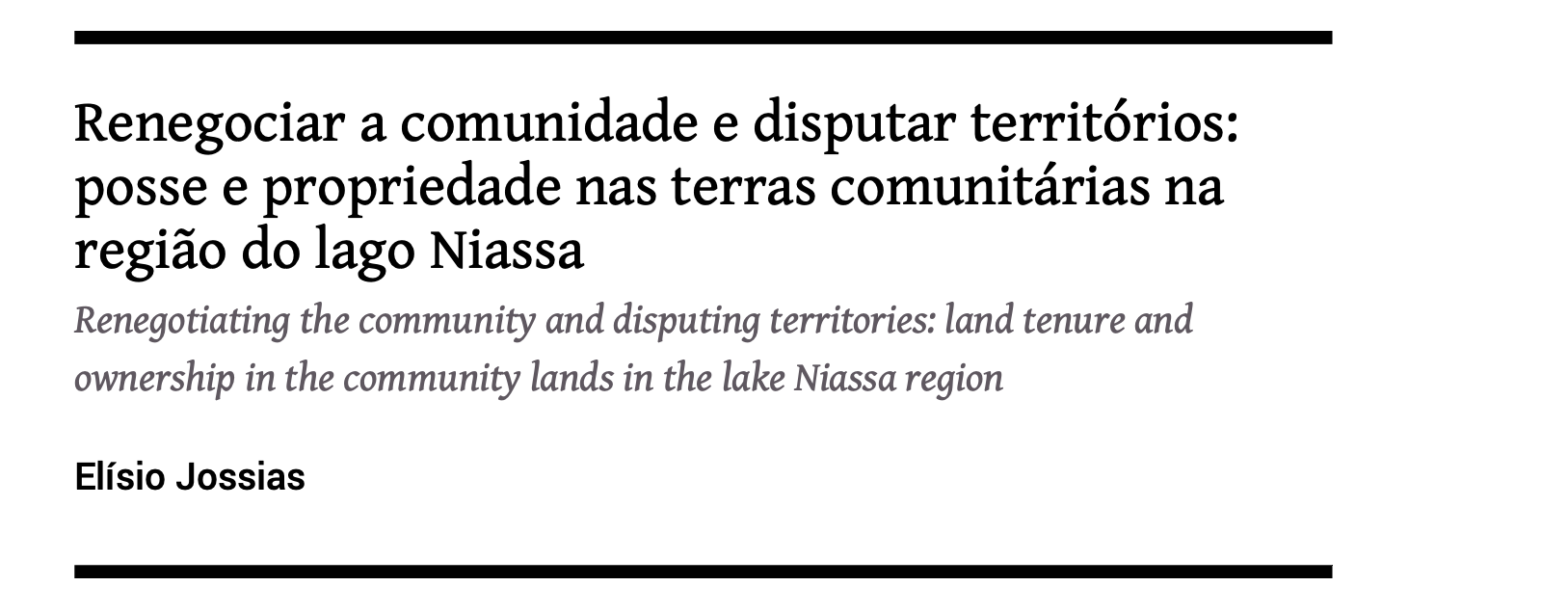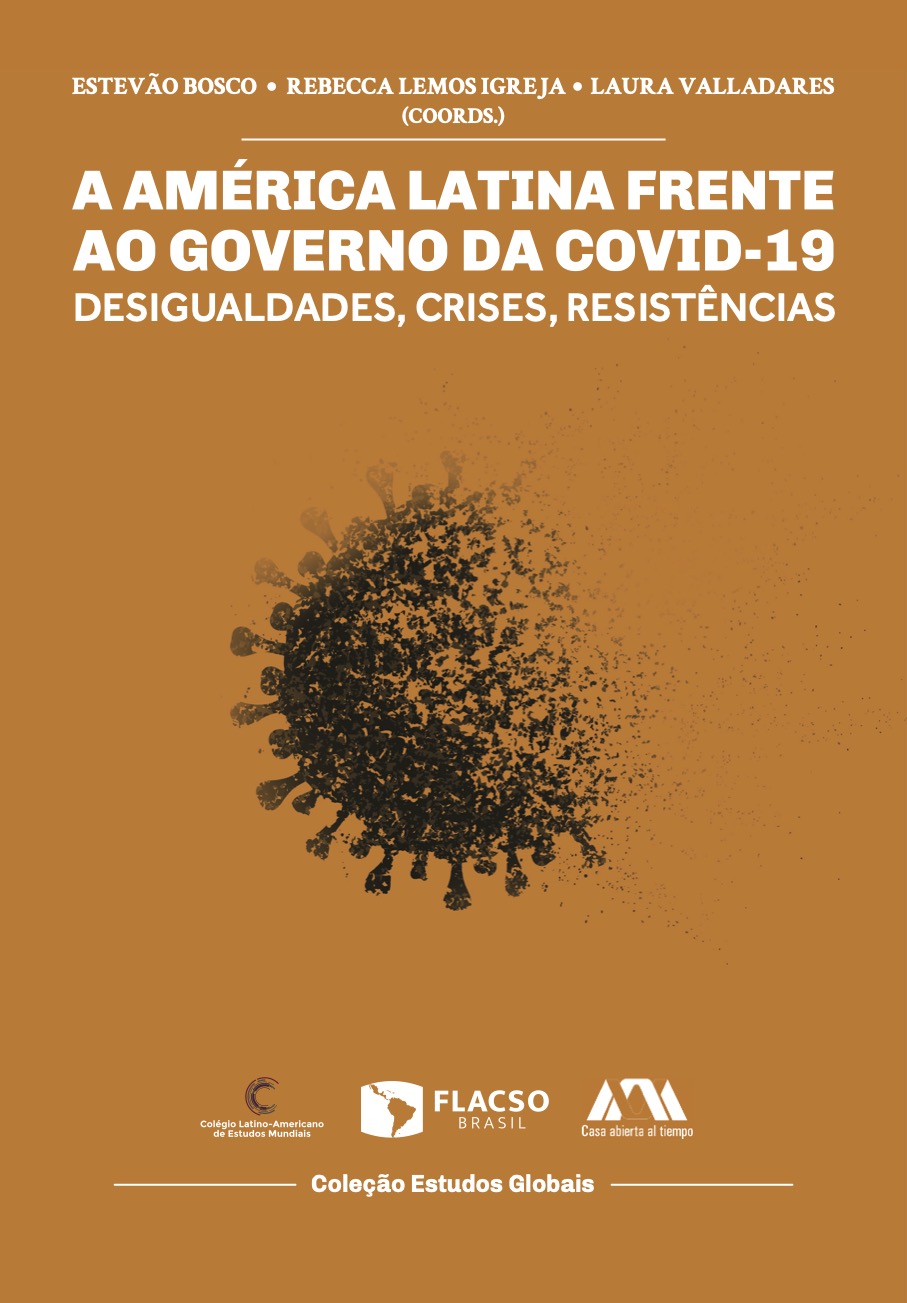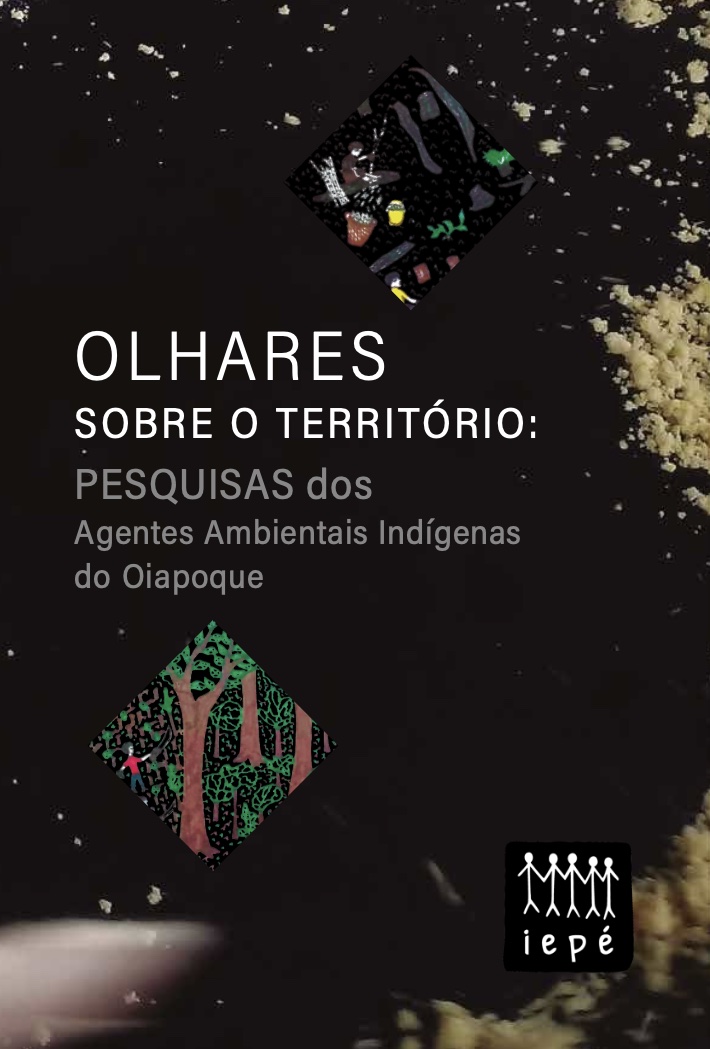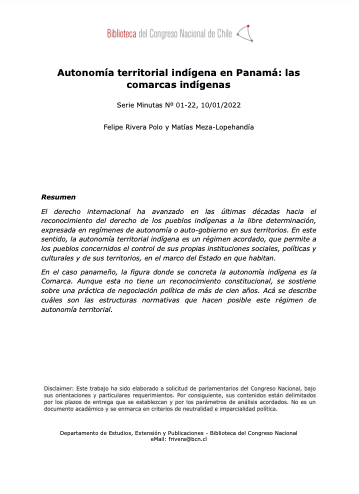Renegociar a comunidade e disputar territórios: posse e propriedade nas terras comunitárias na região do lago Niassa
O presente artigo parte da experiência de delimitação de terras comunitárias, em Cóbuè, província do Niassa, para analisar a interface entre as lideranças tradicionais e os sistemas costumeiros de terras, em Moçambique, enquadrando os debates sobre terra e território, posse e propriedade da terra, bem como os encontros com a história territorial, os impactos das transformações, da legislação e da demanda por terras.

